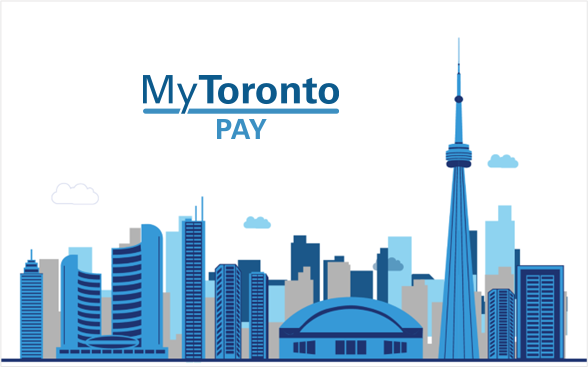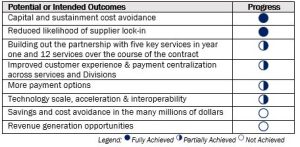
Why This Audit Matters
The City’s unsolicited proposal policy and process sets out expectations for how divisions respond to unsolicited proposals in a manner that ensures transparency, fairness, best value for the City.
This audit reinforces the importance of management’s leadership and commitment to ensuring openness, fairness, and transparency in City procurement.
Background
Unsolicited proposals provide external organizations an opportunity to submit new and innovative ideas to the City for the purpose of obtaining a contract with the City.
By The Numbers
- 450 (approx.) unsolicited proposals received from 2008 to 2023
- 3 unsolicited proposals (including PayIt) where a Swiss Challenge was completed by the City. Toronto Zoo has also completed 1 Swiss Challenge.
As of July 2024:
- $8.4 million estimated total fees paid to PayIt by the City or its customers ($3.8 million in transaction and processing fees paid by the City and an estimated $4.6 million in processing fees paid directly by its customers)
- 6.4% adoption rate for property taxes in 2024
- 5.3% adoption rate for utilities in 2024
- 31% adoption rate for parking tickets in 2024
How Recommendations Will Benefit the City
The nine recommendations in this report are aimed at strengthening the oversight, and policy and process for receiving, reviewing, and responding to unsolicited proposals.
What We Found
In general, we found that PayIt followed the lead of City project staff
A. The Policy and Process for Unsolicited Proposals Was Not Followed, Even After Concerns Were Raised
- Senior staff raised concerns internally about the procurement approach that do not appear to have been fully addressed before proceeding.
- Unsolicited proposal guidelines were not followed.
- PayIt was not initially directed to the Strategic Partnerships Office and the Strategic Partnerships Office was not the sole point of contact for the unsolicited proposal.
- Pre-conditions for considering the unsolicited proposal were not clearly met.
- Staff proceeded with a proof of concept, which is not contemplated in the unsolicited proposals policy and process.
- The City’s unsolicited proposals process requires that a Swiss Challenge be conducted, yet management initially recommended entering into a contract with PayIt though a non-competitive procurement.
- Once staff proceeded with the Swiss Challenge, it was generally conducted according to the City’s procedure. There are opportunities to strengthen Swiss Challenge procedures and how it is applied
B. Expected Benefits and Outcomes Were Not Fully Realized
While a number of accomplishments have been made to implement PayIt as an option for electronic billing and payment of property taxes, utilities, and parking tickets, outcomes and benefits have fallen short of expectations.

The estimated cost savings and efficiencies that formed part of the business case for PayIt were not realistically achievable within the timelines noted, given that there was lack of buy-in from divisions, programs, and services
C. Records Supporting Key Decisions Were Not Properly Retained
Given the unusual nature of the PayIt proposal, we expected better record retention to support key decisions.